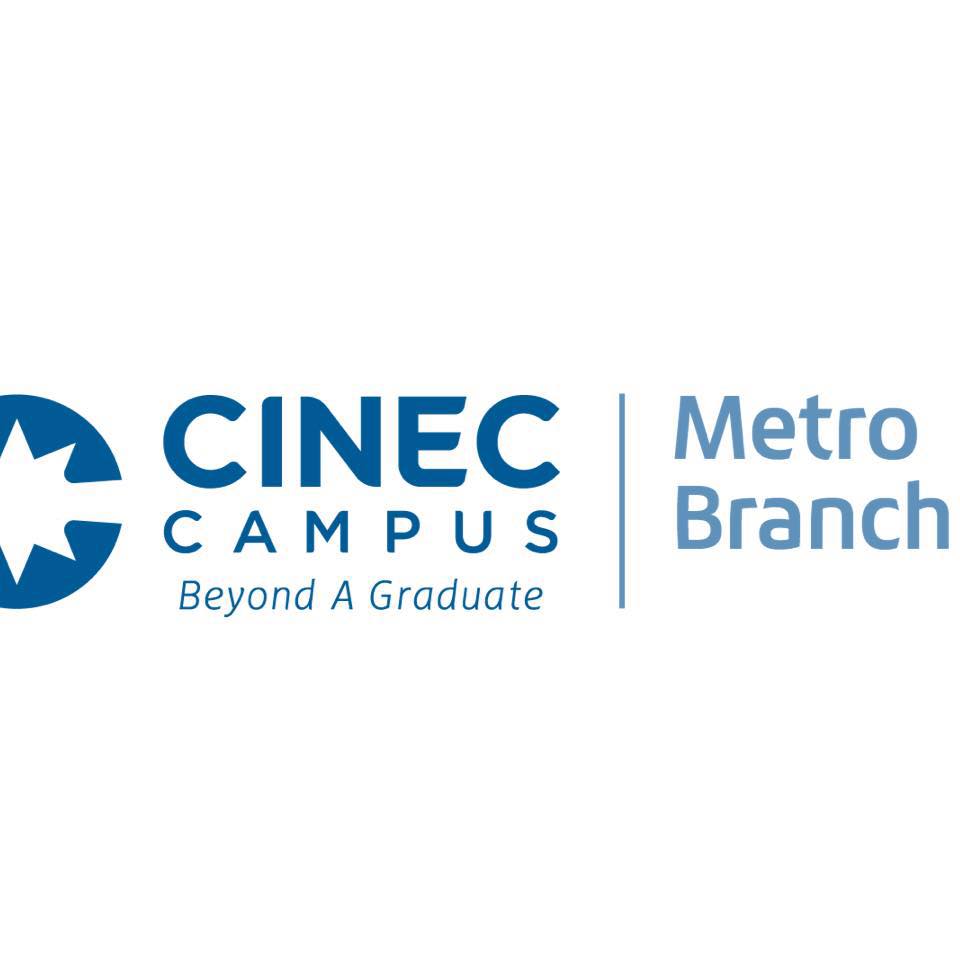Marine courses in Sri Lanka

Marine courses in Sri Lanka
Marine courses in Sri Lanka provide education and training in various aspects of marine science, maritime studies, and marine engineering. These programs prepare students for careers in the marine industry, including marine biology, oceanography, and maritime operations. This guide offers detailed information about marine courses in Sri Lanka, including top institutions, course content, and career opportunities.
1. Introduction to Marine Courses
Marine courses focus on the study of marine environments, organisms, and maritime operations. They cover various fields, including marine biology, oceanography, marine engineering, and maritime management. These programs equip students with the skills needed for careers in research, conservation, and industry.
2. Why Pursue Marine Courses in Sri Lanka?
Pursuing marine courses in Sri Lanka offers several advantages:
- Strategic Location: Sri Lanka's location in the Indian Ocean makes it an ideal place to study marine science and maritime studies.
- Rich Marine Biodiversity: The country's diverse marine ecosystems provide ample opportunities for practical experience.
- Growing Industry: The marine and maritime sectors are expanding, creating demand for skilled professionals.
- Local Expertise: Learn about marine issues and opportunities relevant to Sri Lanka and the surrounding region.
3. Overview of Marine Programs
Marine programs typically include coursework and training in:
- Marine Biology: Study of marine organisms, their behaviors, and ecosystems.
- Oceanography: Understanding physical, chemical, and biological properties of the ocean.
- Marine Engineering: Design, construction, and maintenance of ships and marine structures.
- Maritime Management: Administration and operations of shipping and maritime businesses.
- Marine Conservation: Strategies for protecting marine environments and species.
4. Top Institutions Offering Marine Courses in Sri Lanka
Several institutions offer marine courses:
- University of Sri Jayewardenepura: Provides programs in marine biology and environmental science.
- University of Colombo: Offers courses in oceanography and marine science.
- Sri Lanka Institute of Maritime Studies (SLIMS): Provides maritime training and education.
- CINEC Campus: Offers marine engineering and maritime studies programs.
5. Course Structure and Content
Marine courses generally include:
- Core Modules: Fundamentals of marine science, oceanography, and maritime operations.
- Practical Training: Hands-on experience through laboratory work, field studies, and internships.
- Specializations: Courses in specific areas such as marine ecology, maritime law, or shipbuilding.
- Research Projects: Opportunities to conduct research and contribute to marine science knowledge.
6. Admission Requirements
Admission requirements typically include:
- A high school diploma or equivalent.
- Some programs may require relevant coursework or experience in science or engineering.
- Entrance exams or interviews may be part of the admission process.
7. Duration and Cost
The duration and cost of marine courses vary:
- Bachelor’s Degrees: Typically 3 to 4 years.
- Diploma Programs: Usually 1 to 2 years.
- Cost: Ranges from LKR 50,000 to LKR 200,000 per year, depending on the institution and program level. Additional costs may include textbooks, equipment, and field trip expenses.
8. Benefits of Marine Courses
Marine courses offer several benefits:
- Specialized Knowledge: Gain expertise in marine science, engineering, and management.
- Career Opportunities: Access to a growing industry with diverse career paths.
- Practical Experience: Hands-on training and research opportunities.
- Environmental Impact: Contribute to the conservation and sustainable management of marine resources.
9. Career Opportunities with Marine Qualifications
Graduates can pursue various career paths, including:
- Marine Biologist: Researching marine organisms and ecosystems.
- Oceanographer: Studying ocean properties and processes.
- Marine Engineer: Designing and maintaining marine vessels and structures.
- Maritime Manager: Overseeing shipping operations and maritime businesses.
- Marine Conservationist: Working on conservation projects and environmental protection.
10. Continuing Education and Professional Development
Continuing education options include:
- Advanced Degrees: Master’s or doctoral programs in marine science or engineering.
- Certifications: Professional certifications in specialized areas such as marine surveying or maritime safety.
- Workshops and Seminars: Short-term training to stay updated with industry developments and research.
11. Conclusion
Marine courses in Sri Lanka offer valuable education and training for those interested in pursuing careers in marine science, engineering, and maritime studies. With several reputable institutions providing comprehensive programs, students can gain the skills and knowledge needed to succeed in the marine industry and contribute to the preservation and management of marine resources.
Explore more Marine Engineering Courses in Sri Lanka
Click here to find Marine Engineering Courses in Sri Lanka
Click here to find Marine Engineering Sri Lanka
Click here to find Seaman course in Sri Lanka
Click here to find Seaman Job Vacancies in Sri Lanka
Click here to find CDC Course In Sri Lanka
Click here to find Shipping Courses In Sri Lanka
Click here to findඔබත් Seaman කෙනෙක් වෙන්න සිහින දකිනවද ? Seafaring Training in Sri Lanka
Find Private Universities in Sri Lanka to start your future course today
Visit this link for accurate information on courses in Sri Lanka and additional details about the institutes.
Feel free to let us know if you need any more details! or visit studyway.lk for more details
Call 0117662626










